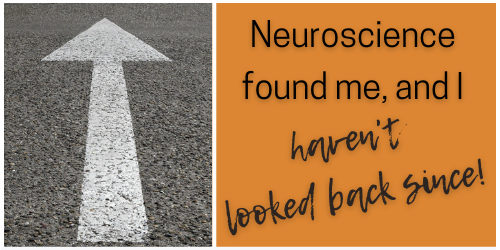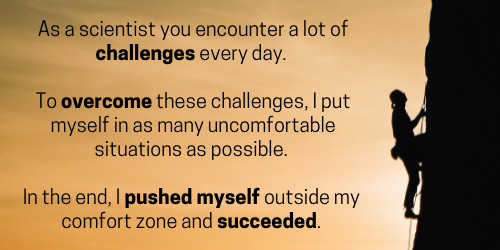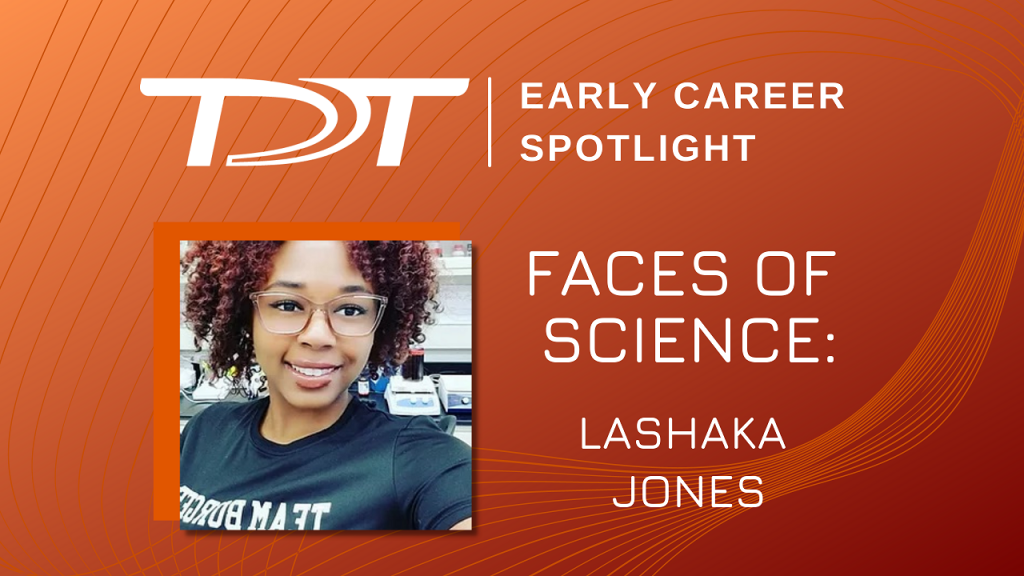Faces of Science: Lashaka Jones
June 17, 2021Early Career Spotlight: Faces of Science highlights early career neuroscientists, particularly BIPOC and women researchers. We hope to amplify underrepresented voices in science and further connect the Tucker-Davis Technologies research community.
|
Lashaka Jones, PhD is a neurophysiologist and postdoctoral researcher in the Caras Lab at the University of Maryland, studying neural pathways that regulate auditory perceptual learning. You can find her on LinkedIn. Lashaka received her PhD in Biology from Lehigh University where she studied the intrinsic auditory properties of the brain. She received her BS in biology at Morgan State University in Baltimore, Maryland. As an undergrad, she was a member of the MARC U STAR honors program, which is geared towards increasing the presence of underrepresented groups in the biomedical sciences. As a result of this opportunity, she performed research at Morgan State and completed a summer internship at Emory University in Atlanta, Georgia. Here, she talks with TDT about discovering neuroscience as a first-generation undergraduate, challenges she’s faced (both personal and systemic), and science and motherhood. |
Q&A
What is your main research focus?
I am studying how frontal cortical region modulates the auditory cortex in the gerbil (which hasn’t been done before). I’ve developed a custom headcap to fit all the hardware onto the gerbil’s head (electrodes, infusion cannula). This is a powerful technique – I can actively inhibit one region and record in another region while the animal is behaving an auditory task.
My ultimate research objective is to understand how social and environmental factors contribute to auditory and learning deficits in autism.
What TDT system(s) are you using?
We are using TDT’s electrophysiology (64-ch recording) and auditory stimulation. We also just added fiber photometry.
TDT Tech Support is awesome! We’ve had such a quick turnaround for debugging and fixing equipment. They’ve been great.
When and how did you become interested in neuroscience?
I was first introduced to research at freshmen orientation. Undergrads performing research hosted a Q&A, and I learned they got paid to do research! I’m a first-generation college student, and I worked and paid my way through school.  I wanted to know, how can I get paid to do something that would help me better my education? I talked with my academic advisor, who asked “What biology questions are you interested in?” I wanted to know what makes a good versus a bad mother, which led me to researching oxytocin and parental behaviors.
I wanted to know, how can I get paid to do something that would help me better my education? I talked with my academic advisor, who asked “What biology questions are you interested in?” I wanted to know what makes a good versus a bad mother, which led me to researching oxytocin and parental behaviors.
I guess you could say neuroscience found me, and I haven’t looked back since! I am constantly pushing boundaries. I started with histology and behavior during my undergrad. In grad school, I worked on a transgenic chicken model that could only hear low frequency sounds in one ear. This allowed me to study the intrinsic auditory properties in the brain. Now I’m wirelessly monitoring neural activity in a free-moving gerbil.
What challenges have you encountered? And how have you overcome these obstacles?
Time management. I had my daughter when I finished my degree. We don’t talk enough about time management and motherhood as women scientists. We should – we’re awesome!
I finished my PhD during the pandemic. Prior to the pandemic, I had everything lined up (post-doc, manuscripts, final experiments). With COVID, I had to pivot. The goal became to graduate, and the manuscripts I planned to write before leaving were delayed (I’m working on them now) and the final experiments didn’t happen.
 As a scientist you encounter a lot of challenges every day. On a personal level, it’s difficult when you struggle with social anxiety and imposter syndrome. I am also an introvert by nature. To overcome these challenges, I put myself in as many uncomfortable situations as possible. I’ll overprepare and overthink, but in the end, I pushed myself outside my comfort zone and succeeded.
As a scientist you encounter a lot of challenges every day. On a personal level, it’s difficult when you struggle with social anxiety and imposter syndrome. I am also an introvert by nature. To overcome these challenges, I put myself in as many uncomfortable situations as possible. I’ll overprepare and overthink, but in the end, I pushed myself outside my comfort zone and succeeded.
Being Black in science, there’s a lot going on in the world → which affects your mental space → which affects your science. Throughout my career, I’ve heard statements such as “You’re just here to fill a quota” or “You’re not really ‘good’ ”. This just fuels imposter syndrome.
Don’t let anyone else’s outside opinion affect you. At the end of my degree, I learned to speak up for myself and advocate for myself. If you feel strongly about your science / yourself, you need to speak up.
We’re awesome – we need to advocate for ourselves!
Did you have any mentors and/or role models along the way? And if so, how have they influenced you?
Growing up, I didn’t have a lot of science role models to emulate. But now I have so many!
I had no idea about research before entering college. I didn’t know that you could have a job as a scientist; all I saw were people in white coats on TV.
In terms of mentors, they are vital for your success. If it wasn’t for my undergrad mentor, I would probably be a dentist! The mentor/mentee relationship is very important.
My PhD advisor has been paramount to my success. He has constantly pushed me (whether I thought I could do it or not), and he had faith that I would succeed.
 What advice do you have for incoming researchers?
What advice do you have for incoming researchers?
Find what you are interested in. It’s easy to go along with the lab and what they are asking. But you need to find your own niche and what you are interested in; how do you fit into the larger scientific picture?
How do you keep yourself balanced (or attempt to keep yourself balanced)?
You set your own schedule for research; that’s the beauty of academia. You can work as much or as little as you want, and what you put in is what you get out. For me, I set a specific time for research (unless there are extenuating deadlines, like a research grant). When research is done, I turn off the laptop and I’m with my daughter. When at work, I’m at work; when I’m not, I’m with her.
What do you like to do for fun?
I like to cook. My daughter is into baking, so we’re doing that together. I like to go outside, go on hikes, just try to get out of the house.
What are you most looking forward to once the pandemic is under control?
Traveling more, getting to see family, talking to people, and getting married! 💍
[ back to top ]
Tags: auditory research, fiber photometry, early career spotlight

